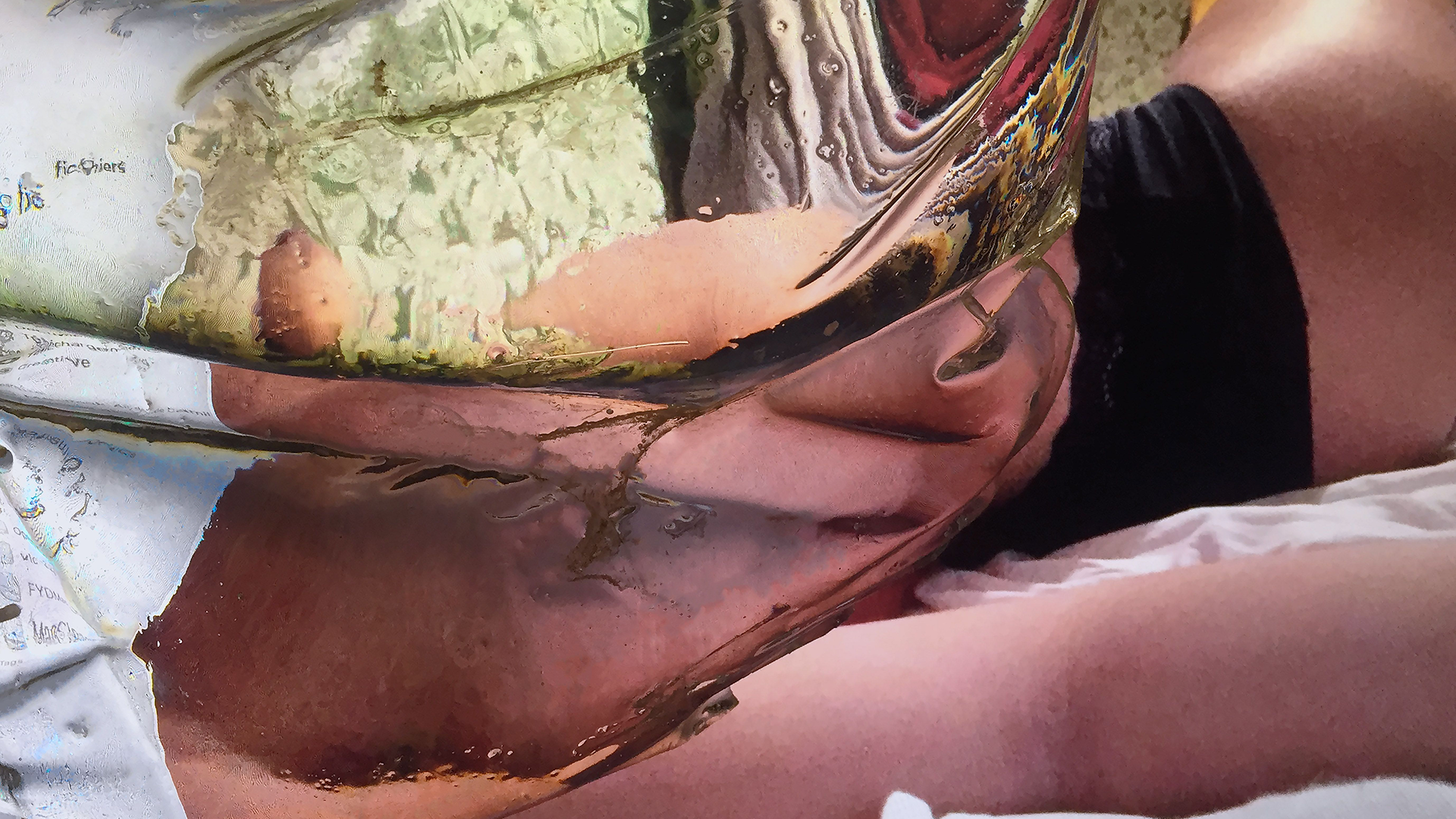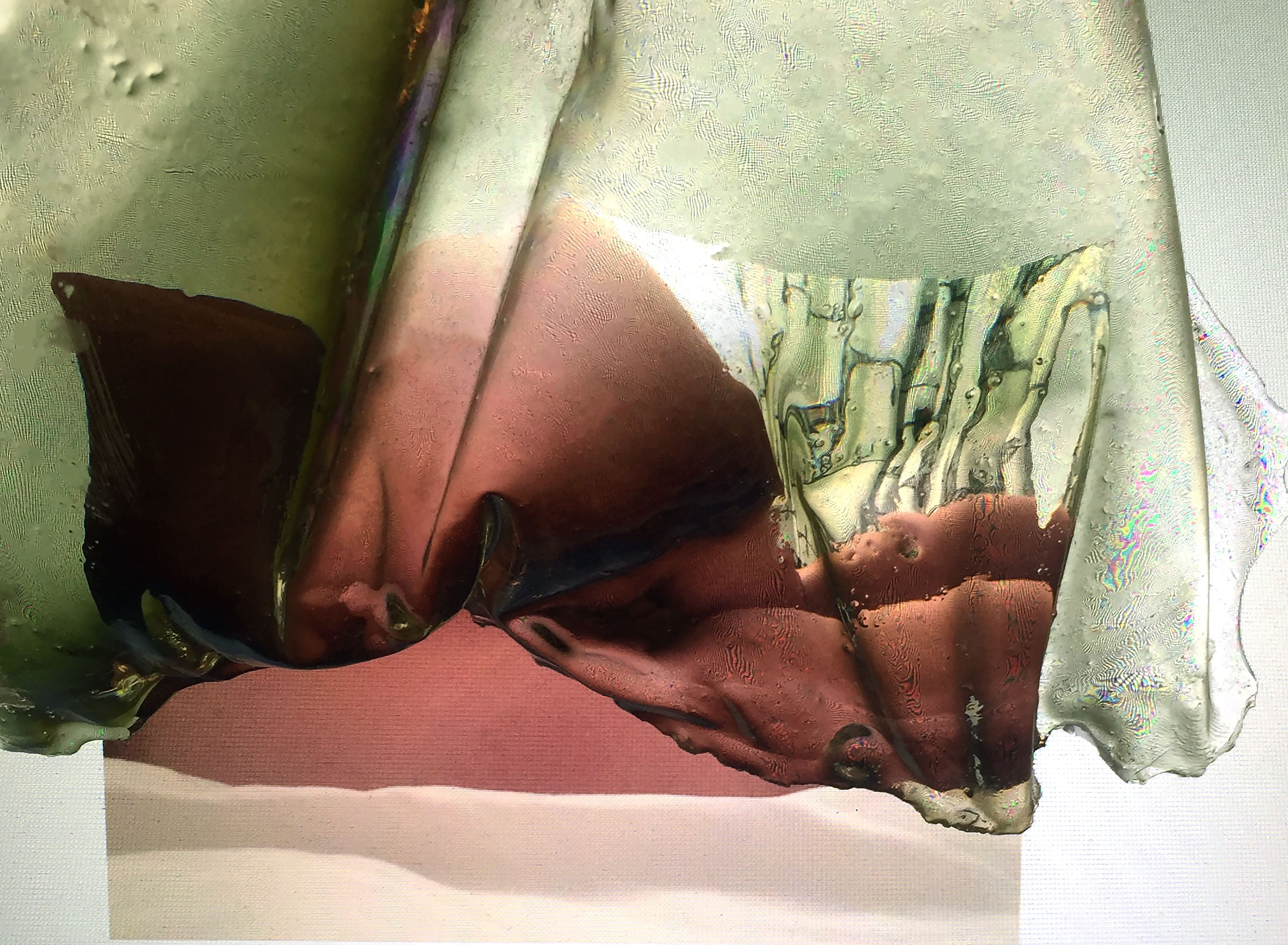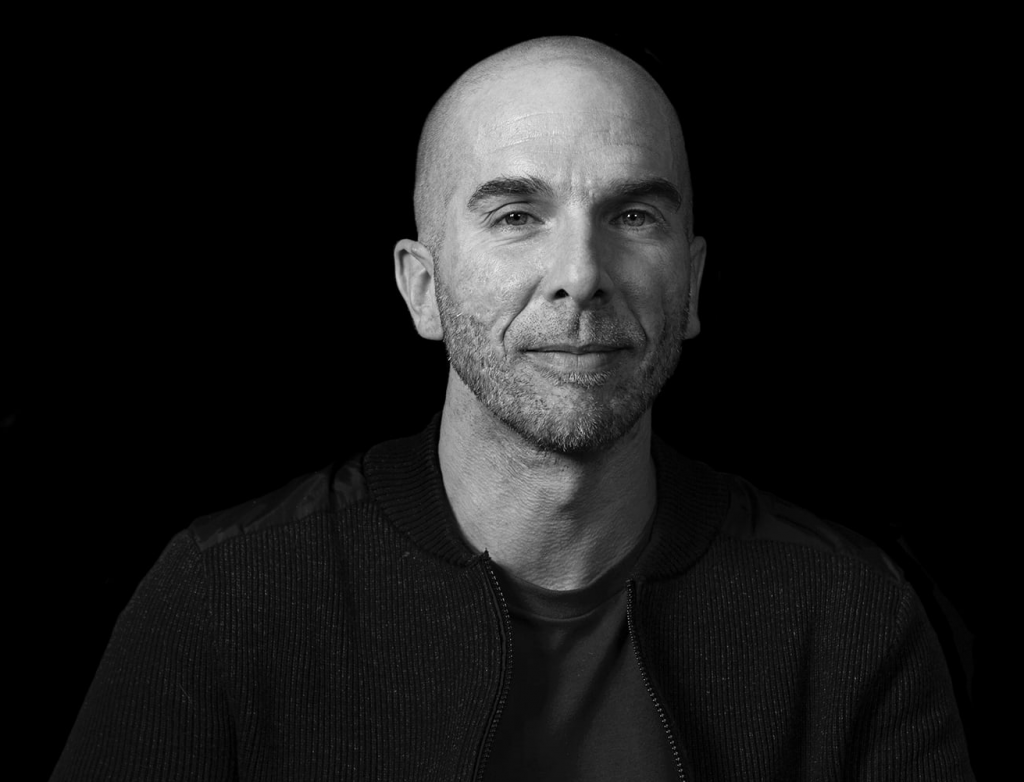
The Faceless Society:
Digital Identity in the Age of Masks
FOCUS THOUGHTS
Yesterday "the mirror of the soul", today an element of our identity that is more and more customized, masked, denied. Never has the face been so represented and solidly installed in the history of humanity. Never, simultaneously, has it been so close to the edge of emptiness and disappearance.
DIGITAL SELF: FROM FACE TO FACES
As we know, technological tools have had a profound influence on how we get to experience, live and understand our surroundings and the world. In an age of access, the face shared on variable networks demands to be continuously beautified and updated to ensure its visibility and competitiveness. This multiplication of self-images turned the face into a value exchange, a banal commodity, a representation amongst others. And as with every paradigm shift, new behaviors were quickly mimicked over and over, introducing a new standardized aesthetic in which everyone seems to have the same life, the same taste, the same face.
Made digital, our identity also became the field of avatars, mirrors and masks, ones that can be endlessly reshaped by filtered, hashtagged, and facetuned posts and stories. A modulable persona that led us towards new creative possibilities, empowering people to express what they are far, beyond the traditional standards of beauty. Our physical appearance, morphing into something plural to be remodelled, gave way to a new relationship with oneself. Fluid, and in a constant state of flux.
Consequently, our IRL face is showing signs of distortion, as if it was constrained by the visual codes specific to digital platforms. "Snapchat dysmorphia" for example, where people undertake procedures to resemble their virtual image, has been gaining popularity, mostly amongst young girls. Large eyes, plumped lips, taut jawlines, and, most importantly, pixel-perfect skin. Minor enhancements banalized precisely because they are available at our fingertips, just a few clicks away, that make us unhappy with the reflection we get off-screen. This change in perception shows how much our cyberselves are further blurring the line between reality and fantasy.

Images
FACE COVERINGS: THE LIMITS OF EXPRESSIVITY
The urban space, with masks becoming an integral part of our daily lives, further materializes the standardization and anonymization of the face. A new normal that was quick to be embraced and embellished by the fashion world, with options available in all shapes, sizes and price points. In a matter of months, this new accessory grew into the equivalent, stylistically speaking, of a phone case: a supposedly generic product, easily interchangeable, serving as a new form of self-expression and identity construction. But despite various creative endeavors to cultivate a sense of self, masks act as a barrier more than anything else, obscuring our true singularity and disfiguring the social bond.
Interestingly enough, masks have been, pre-COVID, a growing phenomenon prevalent on several catwalks. They were fetishistic and imperial at Gucci, survivalist at Marine Serre, playful at Thom Browne, shimmering at Giambattista Valli, neurotic at Comme des Garçons. The instafamous Checking Invoices even uses face covering as an essential component of their characters, giving center stage to the silhouette in what seems like an ode to one of Margiela’s signature look. In this context, hiding one’s face serves as the perfect metaphor to conjure a mystical aura or a sublime protection. Only in the perspective of a pandemic, it also announces and reveals the beauty, complexity and toxicity of our world. Once again, fashion was at the fore-front of major social trends and upheavals.
POLITICIZING THE FACE
Lastly, face coverings trigger the question of the face as an object of identification. In this sense, they could also protect us, beyond the virus, from what seems to be the inevitable advent of facial recognition, praised for the most part by states and large companies. A future in which our lives would be under constant scrutiny, with no control over our own image, left naked, offered, exposed, defenseless. This explains the interest shown by the fashion industry to protect our identity and escape the vigilance of algorithms: innovative glasses, facial accessories, haircut and makeup strategies are amongst the initiatives seeking to enact a dialectic of reappropriation of something on the cusp of being taken away from us. Not for too long, apparently. Facial recognition developers have already started working on technologies to identify individuals with masked faces. To our own despair.
Yet, the prospect of a new society in which the public conceals their face from one another could have wide-ranging implications for security and public laws. Overall, as it could cultivate a feeling conducive of transgression. Moreover, because mask wearing in itself underlines deeper ramifications. In some cases by igniting pre-existing political divides. In others as a reminder of social inequalities, such as the French ban on face coverings mainly targeted towards Muslims, or Black men reportedly fearing being profiled if they wear one in public.
This new anonymity, both off and online, forces us to think differently about our individual and collective selves. It will certainly test the solidarity as it continues to add to the social confusion and fragmentation of our societies. It might, however, present us the opportunity to reclaim our own image, and conceive new social codes fostering better attitudes towards others. Paradoxically, this anonymity could be an exit from our private interiority, leading to new possibilities of existence, a new take on our singularities.
Words
Alexandre Bélanger
Amandine Flamand
CAMILLE POGU: FORMS OF SOCIAL REALITY
IN THE MAKING
Camille Pogu’s artistic work dives into the concept of violence that is, according to the artist, deeply rooted in our modern societies. She questions the relevance of our institutions by stressing people’s relationship to the social body. Her art uses plasticity to express a deeper perception of reality. For that purpose, the artist favors raw materials such as resin, ceramic or even food scraps like oysters to create sculptures that convey these deeper meanings.
For Tide, Camille Pogu added an exclusive piece to her series called « écran ». In this photographic piece, the artist covers « revenge porn » - the action of publicly exposing private nude pictures without a person’s consent as an act of psychological abuse. Her idea was to celebrate and re-contextualize those pictures for their initial intention, before being maliciously used as a pressuring and shaming tool: a photographic capture of freedom both in sexuality and intimacy. « I think these pictures translate a right that we have as women, the right of doing whatever we feel like doing with our own body » she explained.
The inspiration came from discussing the use of visual imagery as a medium for modern erotism. Through this particular project, Camille Pogu made a statement by pointing out an empowerment clearly visible in those pictures, that genuinely depict the diversity and liberty of contemporary sexual practices. These pictures, meant to be seen only by a willing receiver, are here altered by the artist, who empties them of all sexual aspects. The photographs are twisted by using old resin sculptures as screens, and later printed on tarps. As a result, the optical effects of deforming these images create unusual homemade 3D-like photographs, left for spectators to interpret as they see fit.
Working on this project, Camille Pogu gathered a community of participants which consisted of a group of women, freely discussing relationships to their own body, sexuality and fears. « In the end, all participants kept on discussing these issues long after the project was over ».
This appears to drive the artist’s creation: involving viewers and raising debate both on our practices as social beings, but also on the world as it is – or maybe on the world as it should be.
« I think these pictures translate a right that we have as women, the right of doing whatever we feel like doing with our own body »
Words
Pauline Malier





